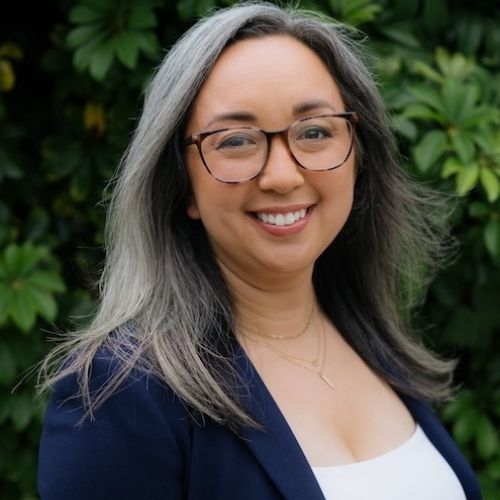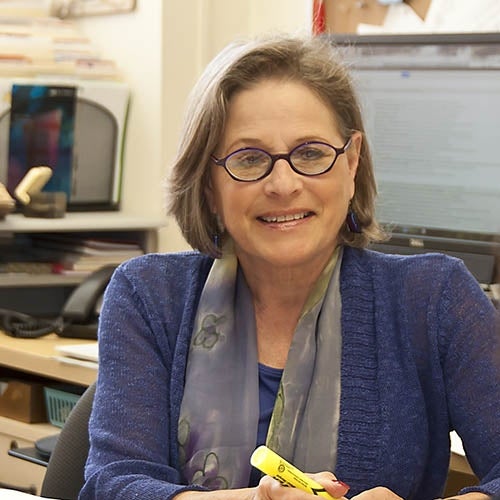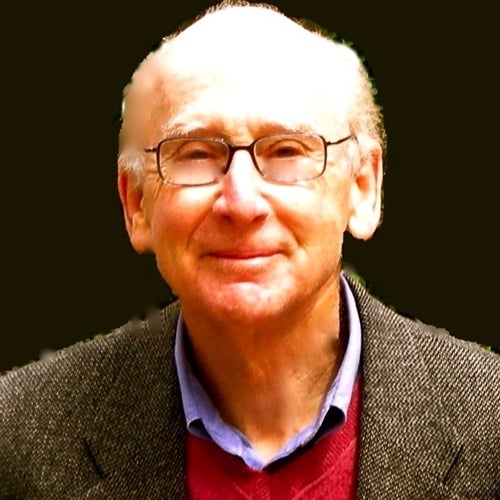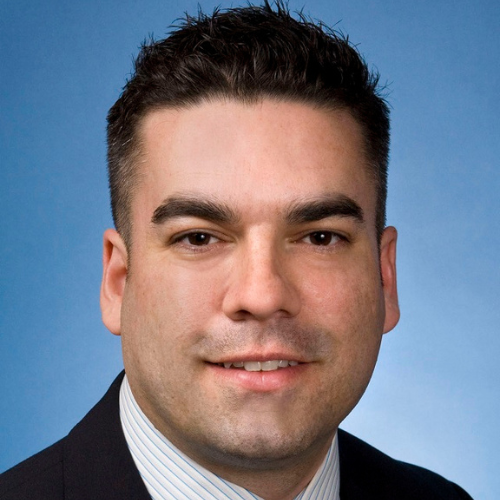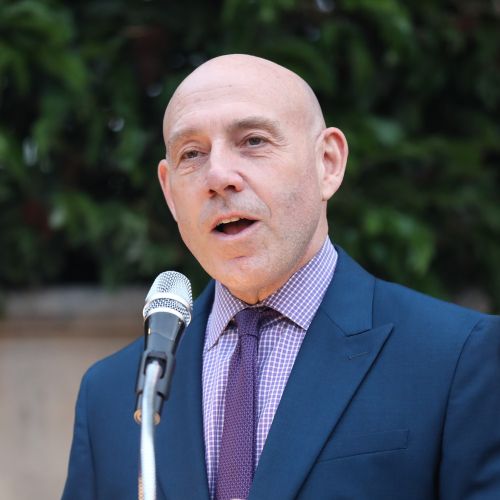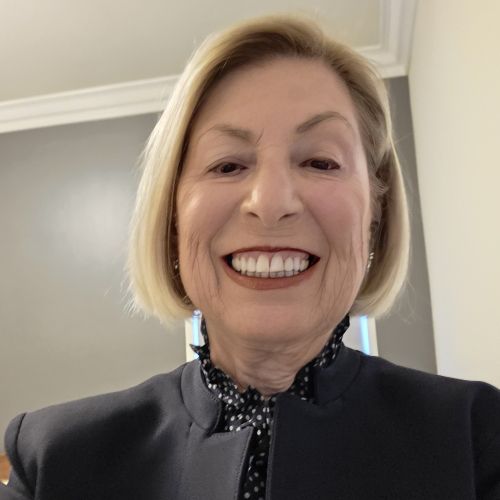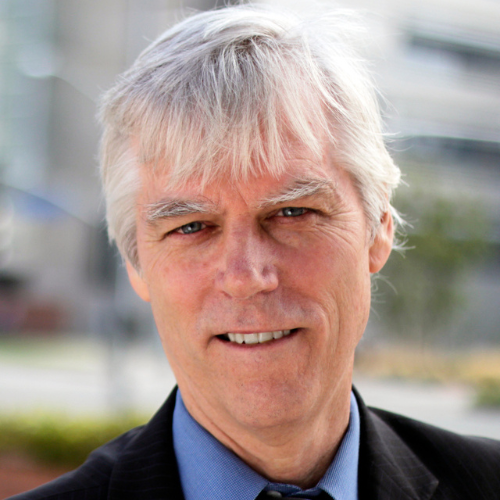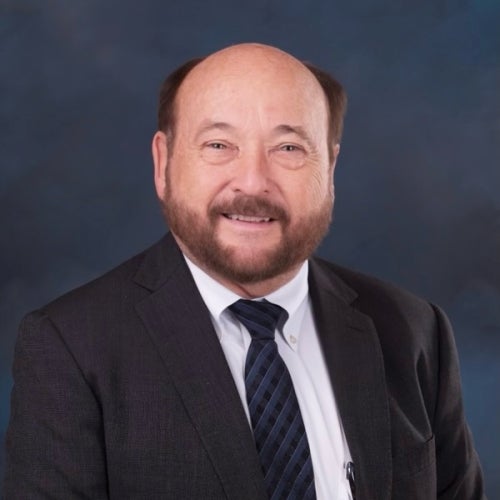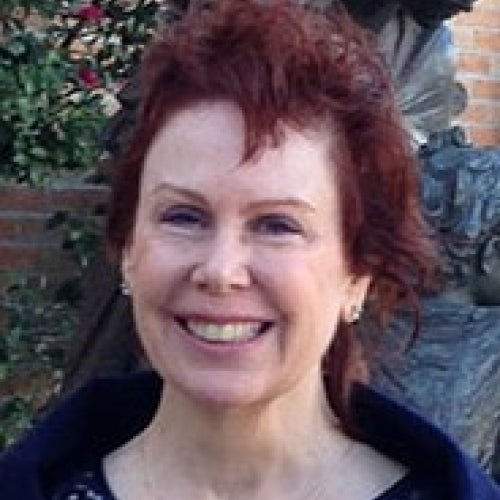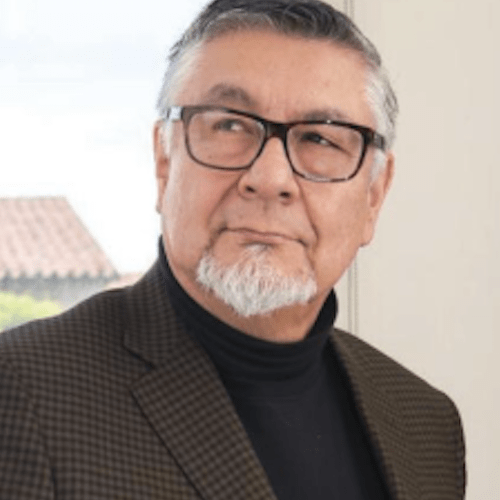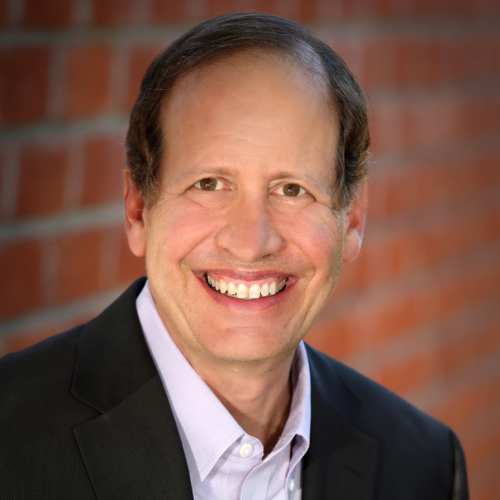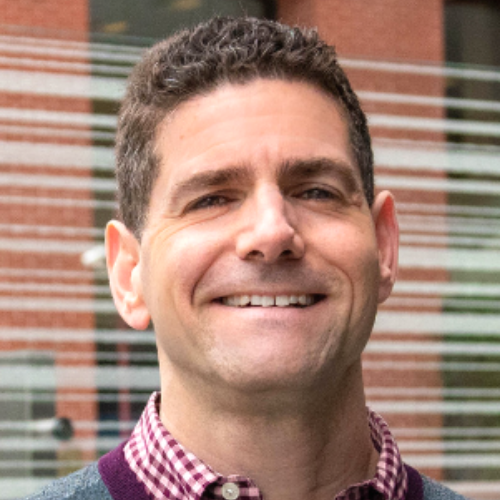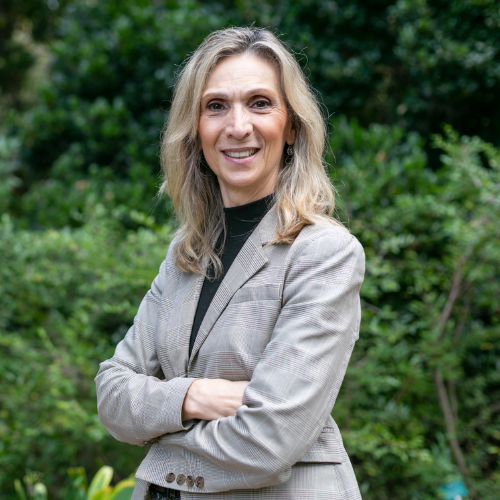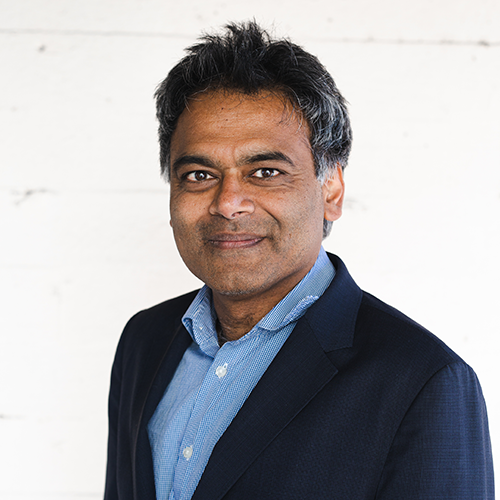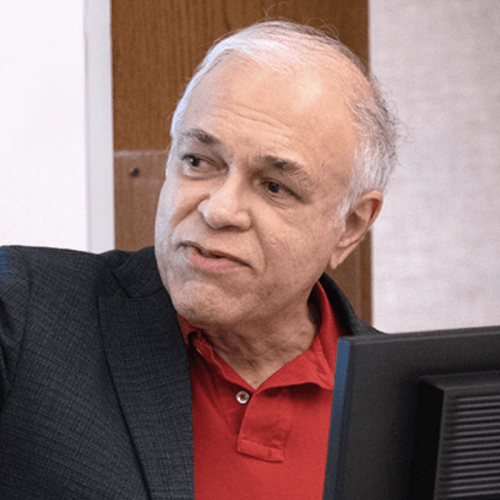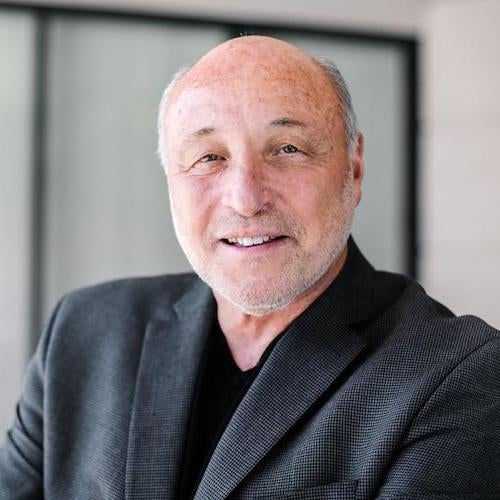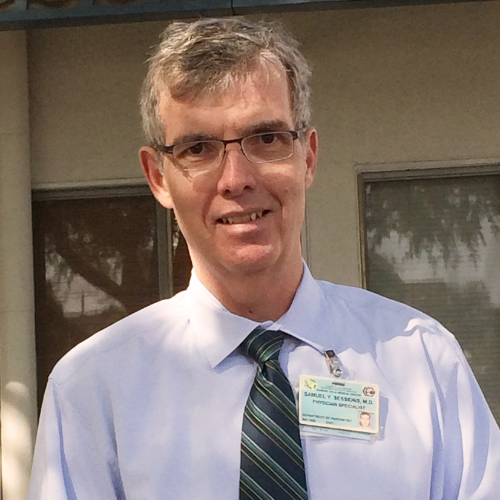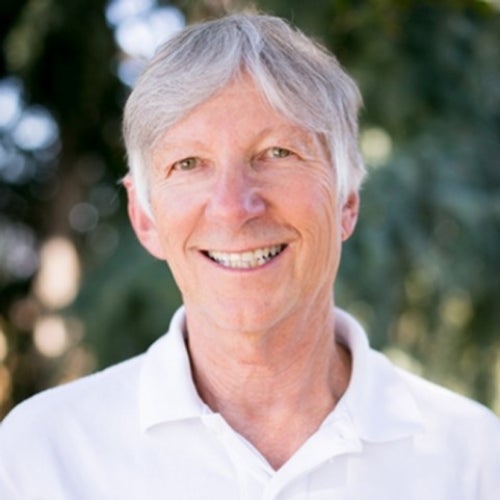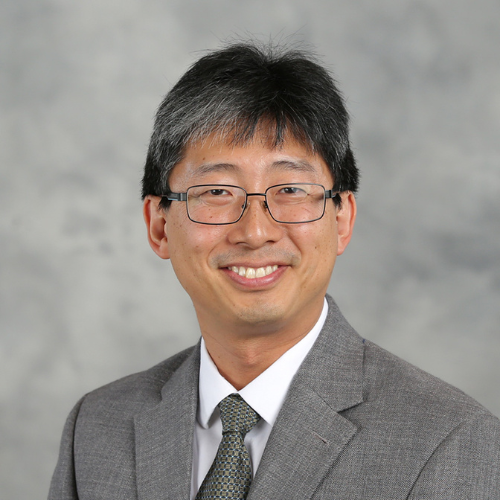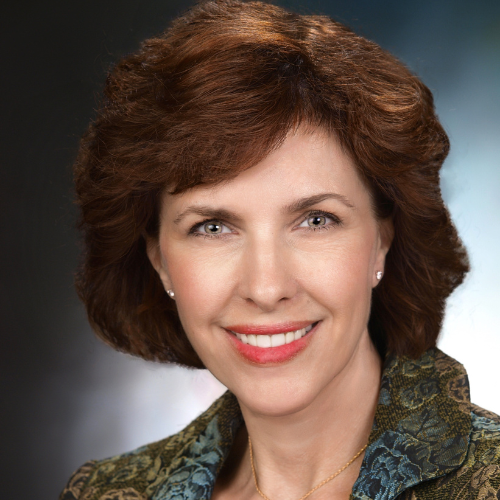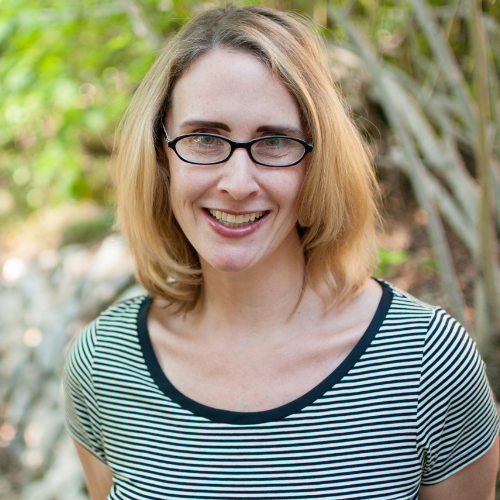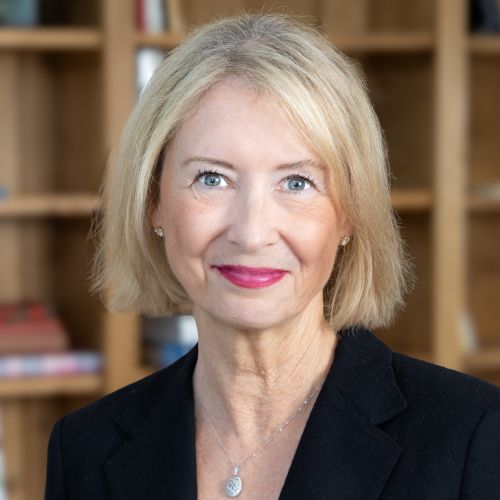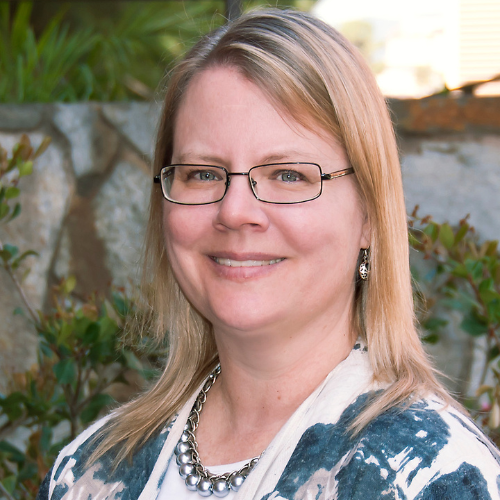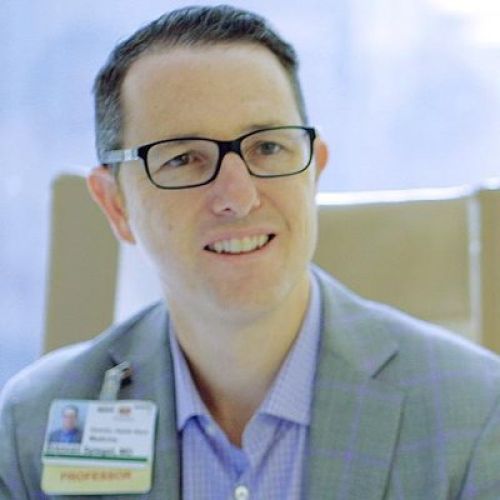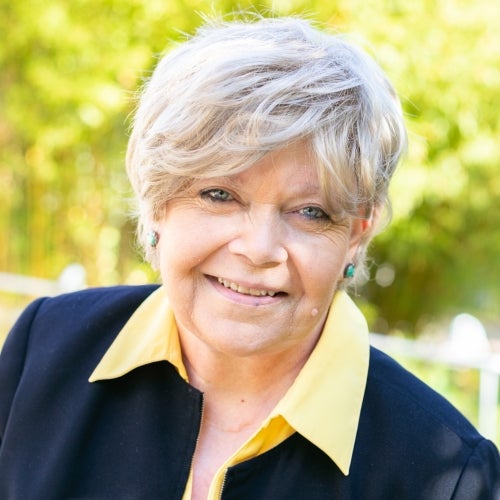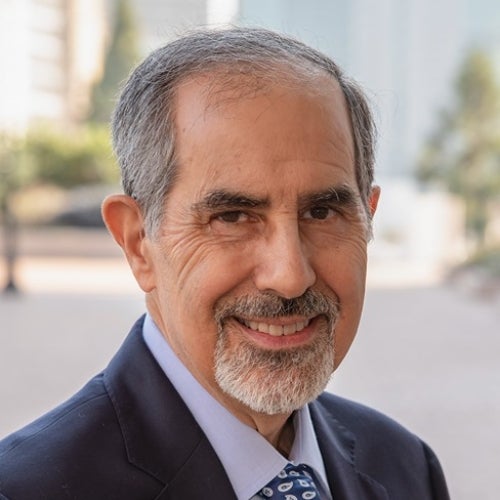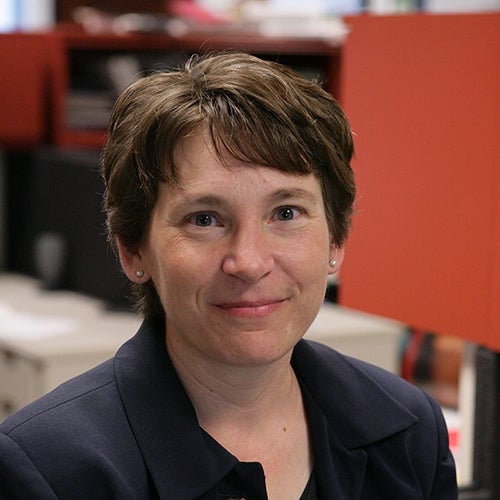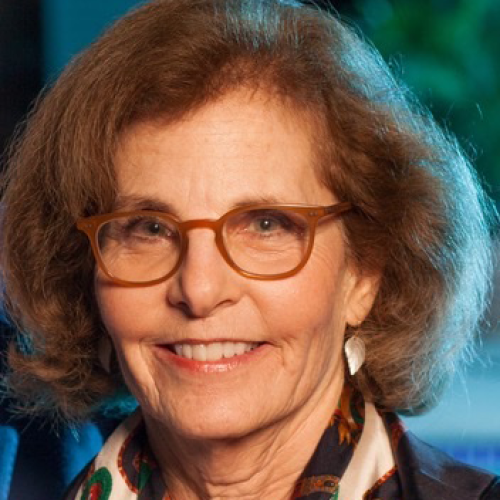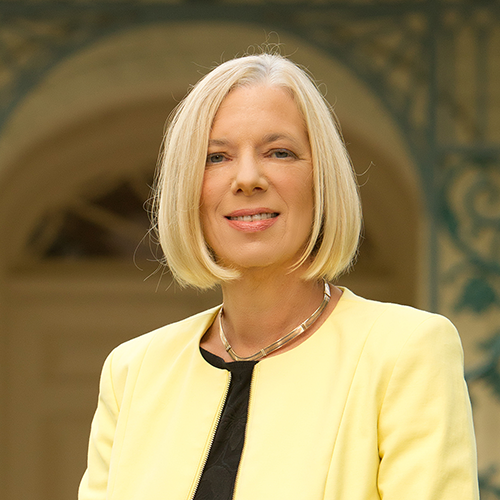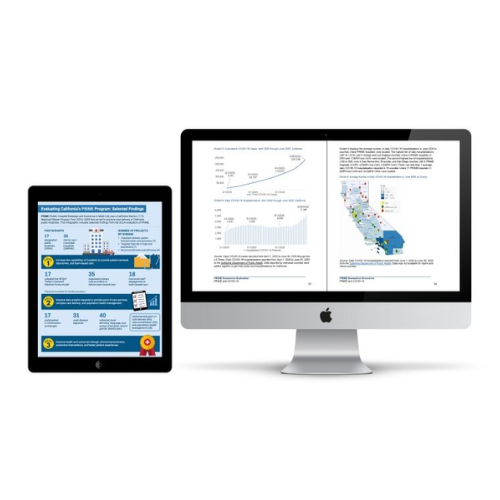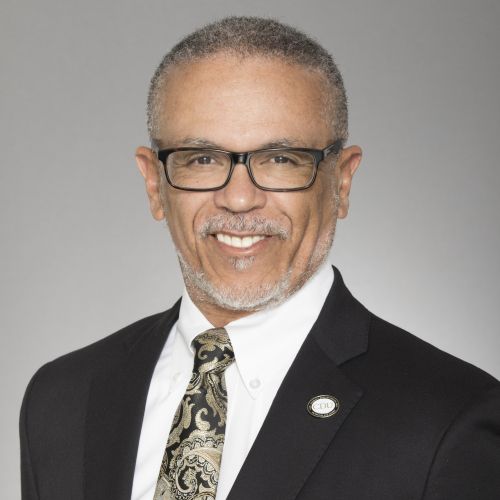"The case for Medicare for all: Congress passes an inflation bill but is it enough?"
USA Today interviewed Dr. Gerald Kominski about why 25 million Americans, in a population of 329.5 million, still remain without health insurance.
For Briana Moss, a Type 1 diabetic, making sure she has the health coverage she needs to live is a delicate dance.
She and her partner are putting off marriage because even with his workplace-based insurance, the co-payments for her frequent doctor visits would be more than they could afford.
And while Moss says she’d like to work full time, she keeps her hours to a minimum so she can continue to qualify for Medicaid, the government program that helps her pay for the insulin she must take every day.
Faculty Referenced by this Article

EMPH Academic Program Director with expertise in healthcare marketing, finance, and reproductive health policy, teaching in the EMPH, MPH, MHA program
Nationally recognized health services researcher and sociomedical scientist with 25+ years' experience in effectiveness and implementation research.

Dr. Ron Andersen is the Wasserman Professor Emeritus in the UCLA Departments of Health Policy and Management.

Professor of Community Health Sciences & Health Policy and Management, and Associate Dean for Research

Dr. Michelle S. Keller is a health services researcher whose research focuses on the use and prescribing of high-risk medications.

